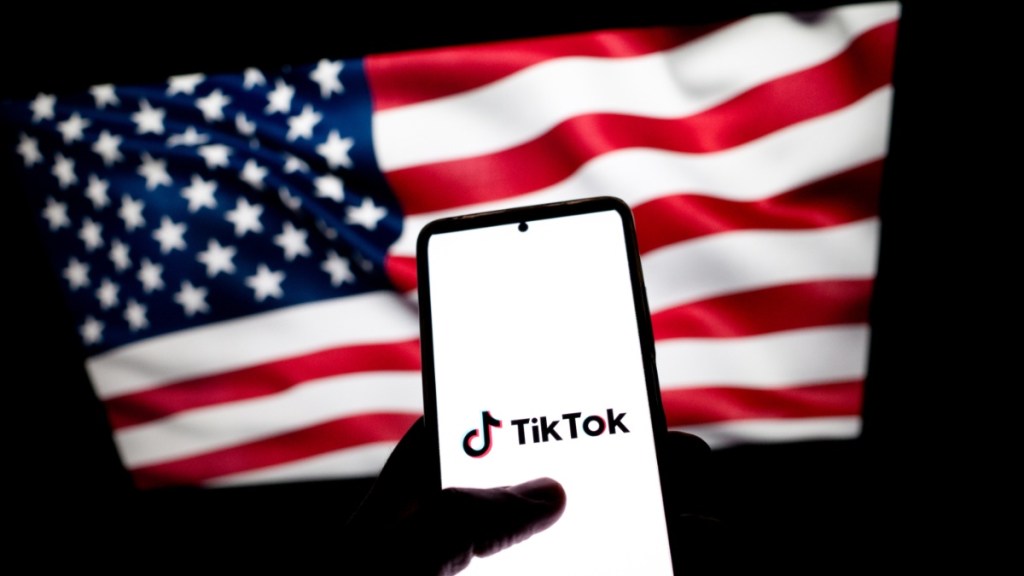TikTok’s potential ban in 2025 highlights the ongoing clash between national security concerns and digital freedom in the U.S. As one of the world’s most popular apps, TikTok has become a flashpoint in the debate over foreign influence, data privacy, and government control of tech platforms.
Here’s where things stand with TikTok in 2025, what’s driving the push for a ban, and whether the app is truly at risk of disappearing from American phones.
TikTok might get banned again in the US
As of now, TikTok is not officially banned in the United States, but it faces a renewed threat of prohibition if its Chinese parent company, ByteDance, does not sell the platform to a U.S.-approved buyer by April 5, 2025.
President Donald Trump has indicated confidence that a deal will be reached before the deadline, stating, “We have a lot of potential buyers.” (via USA Today)
The pressure to divest TikTok comes from the Protecting Americans from Foreign Adversary Controlled Applications Act, passed in 2024. The law requires ByteDance to sell TikTok or face a nationwide ban due to national security concerns. Trump delayed the original January deadline with an executive order, granting a 75-day extension. He has also said another extension is possible if a deal is near. Several groups are interested in buying TikTok. These include consortia led by Frank McCourt and Jesse Tinsley, as well as companies like Perplexity AI and Rumble.
This renewed scrutiny follows TikTok’s temporary shutdown in January 2025, during which app store downloads and user access were blocked. Although service was restored after Trump’s intervention, the app’s future is still uncertain. Lawmakers and courts continue to support forcing ByteDance to sell TikTok. The Supreme Court upheld the ban if ByteDance does not comply. Tech companies like Apple and Google can also face steep fines for helping users access TikTok after the deadline.
In conclusion, TikTok is still accessible to U.S. users, but its future remains uncertain. The app’s fate depends on a successful sale or another extension from the president. Lawmakers on both sides are concerned about data privacy and national security. Unless ByteDance gives up control to a U.S.-approved buyer, a divestment or permanent ban remains likely. Trump’s remarks suggest a resolution may come just in time—but uncertainty remains.
Originally reported by Vritti Johar on ComingSoon.net.









